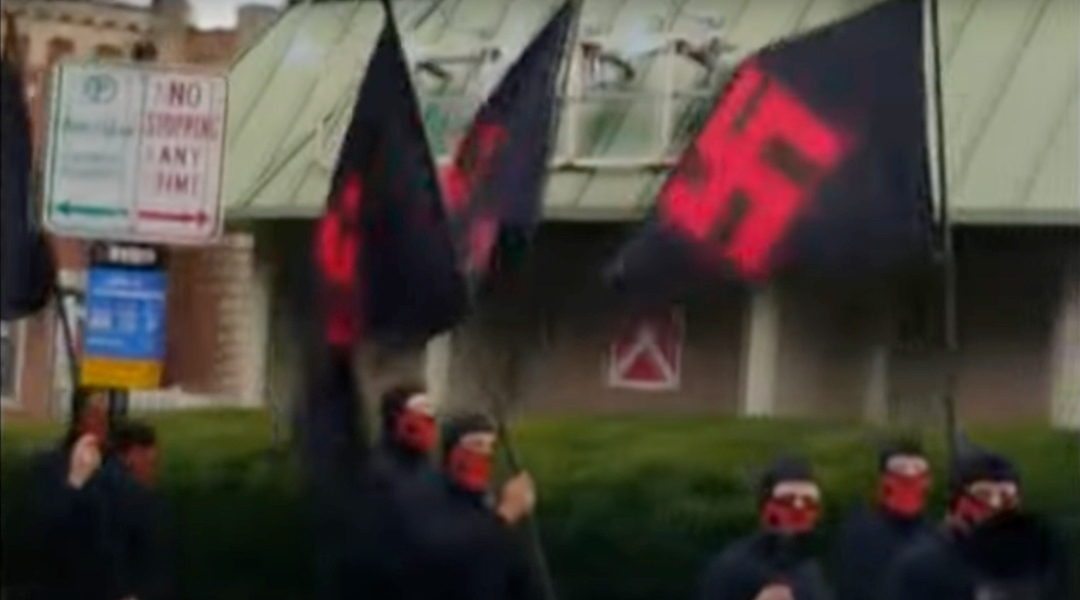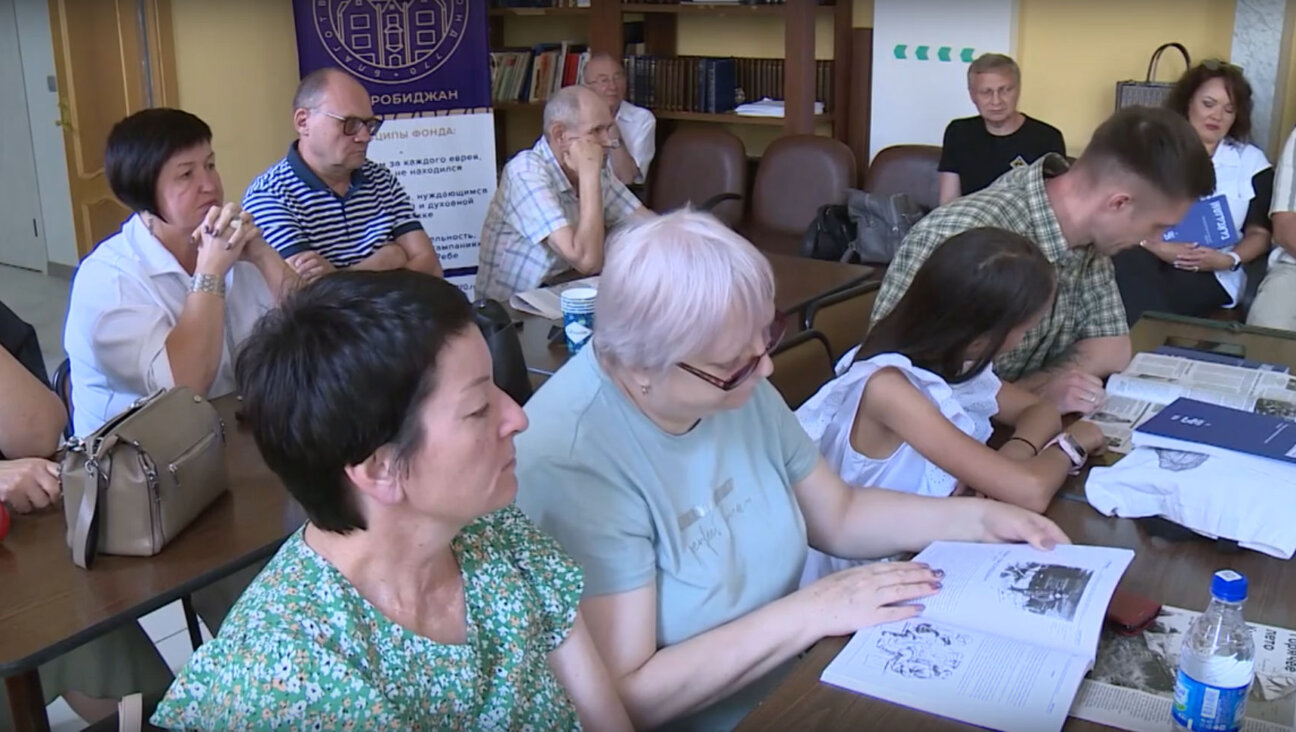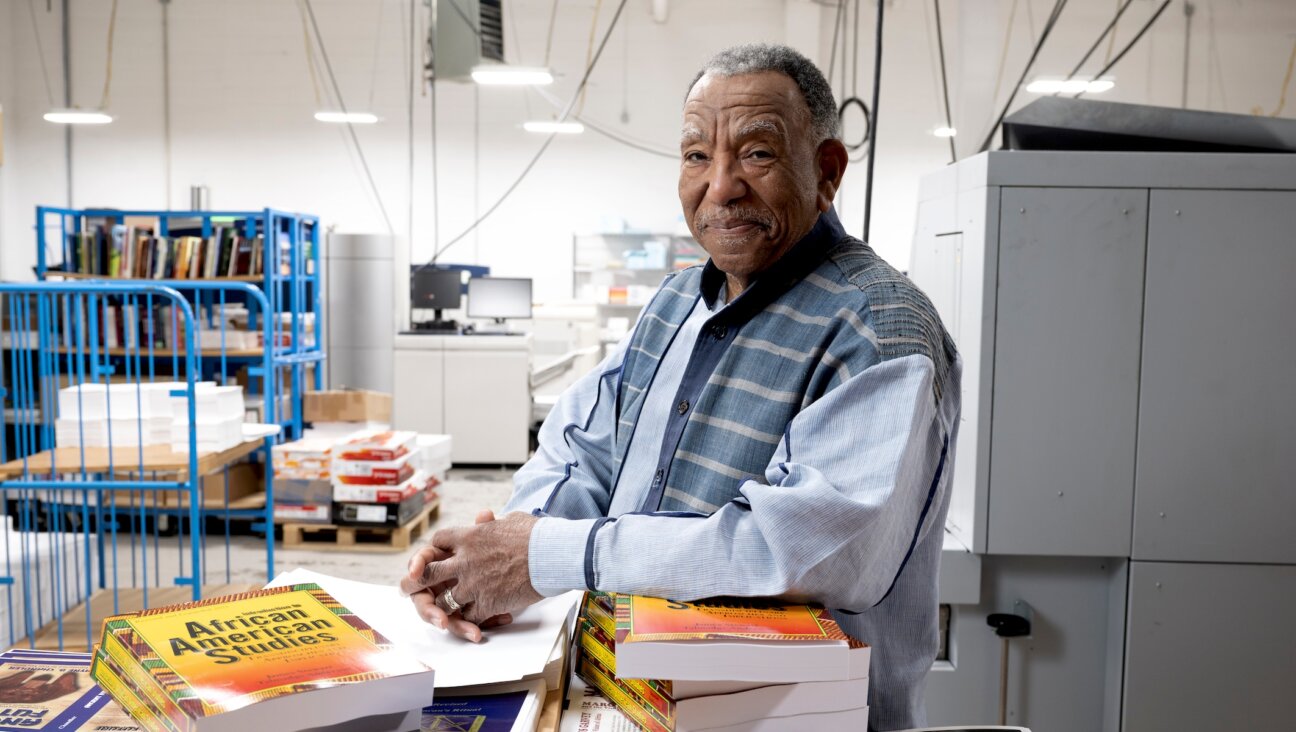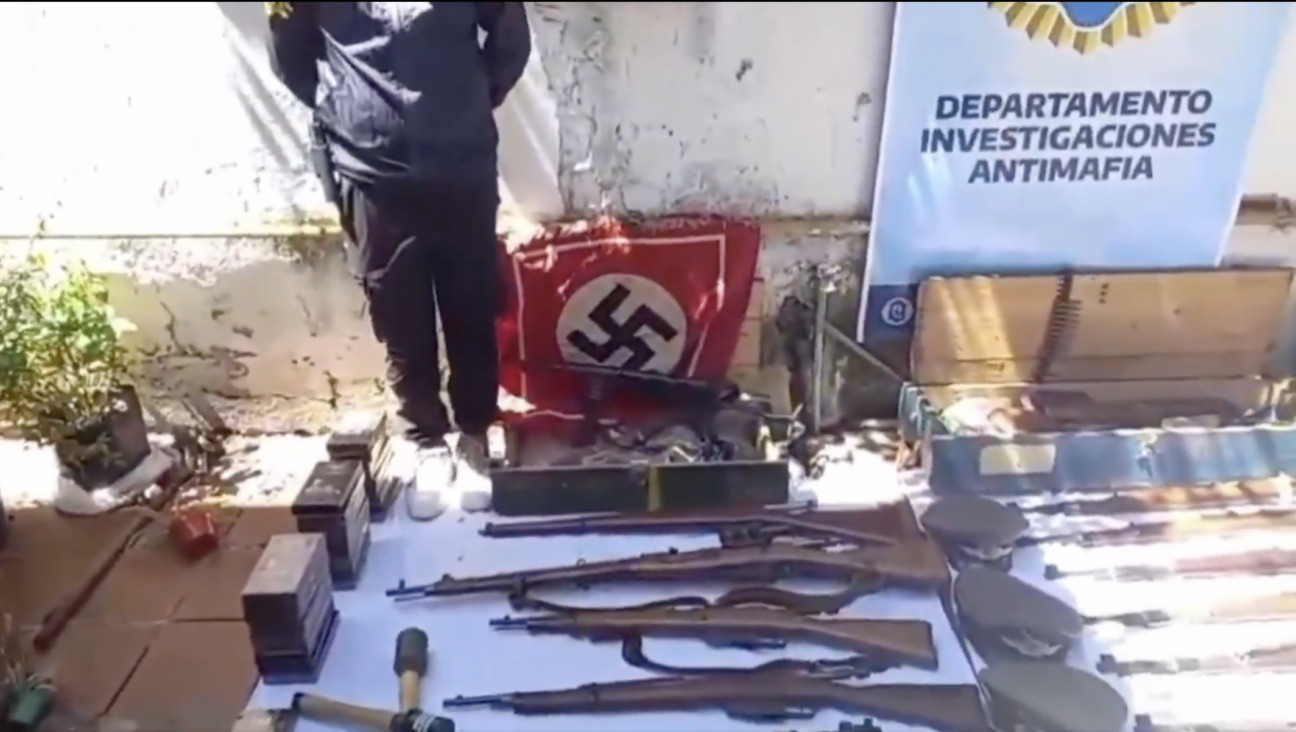Assassination of Diamond Dealer Rocks Tight Bukharan Community
When Eduard Nektalov was shot in the back of the head during evening rush hour last Thursday, he fell to the sidewalk in the middle of Midtown Manhattan with his yarmulke next to him.
Those close to him have described Nektalov as a religiously observant man who, like many Bukharan Jews, was deeply invested in his community.
Nektalov was also a diamond dealer who drove a Bentley and, as the 3,000 mourners at his funeral suggested, his family and business connections stretched far and wide. They included Nektalov’s third cousin, Lev Leviev, the Israeli diamond king, who has become an influential political power broker in post-Soviet Russia.
Police are looking into which of these many connections got crossed to precipitate last week’s murder. The close range at which his black-clad assassin shot Nektalov seems to rule out robbery. Nektalov was left lying with thousands of dollars in his wallet, as his olive-skinned assailant fled into the crowds south of Manhattan’s Diamond District.
In a search for motives, the media immediately fixed upon Nektalov’s indictment last summer for his participation in a money-laundering scheme. Law enforcement officials have backed away from characterizing this as a backdrop to Nektalov’s murder, and the released indictment does not suggest that Nektalov had any larger involvement in illegal activities.
Nektalov and his father, Roman, were indicted after selling gold for cash to an informer who suggested that the gold would be smuggled to Colombia to pay for drugs and weapons. According to sources close to the case, the trial in July was set to revolve around how clearly the Nektalovs understood the informant’s veiled references to drug trafficking.
The more compelling leads point back to Nektalov’s role as a leader and mediator in the Bukharan community of Queens.
Hours before his death, Nektalov’s family said, he received a phone call about a young cousin, Alix Pinhasov, who had been shot in December. The caller asked Nektalov to convince Pinhasov to drop the charges against his attacker. The Daily News reported that when Nektalov was shot, he was carrying Pinhasov’s wallet.
Many in the Bukharan enclaves of Queens looked to Nektalov in times of conflict, according to the editor of the Russian-language Bukharan Times, Rafael Nektalov, Eduard’s second cousin.
“Every time there were some problems, Eduard was there,” said Rafael Nektalov, who also told the Forward how Eduard was related to Leviev. “Eduard was very honest.”
Some police sources have told the press that they are leaving open the influence of the Russian mob in the case, though Nektalov family members strenuously deny this possibility. Rather than a godfather, the descriptions of those closest to Nektalov paint him as a father figure to his extended family and community.
Rafael Nektalov said there were more than 100 Nektalov families in New York and that members of all of them revered Eduard.
“All Nektalovs are one family, and he was our leader,” Rafael said.
Just a day before his own death, Eduard Nektalov visited the hospital bedside of a young, unrelated Bukharan Jew, Dmitri Malayaev, who had been stabbed a day earlier by a deranged man just 13 blocks south of the Diamond District in a freak event that already had Manhattan on edge when Nektalov was killed.
The close, almost familial links between Nektalov’s friends and acquaintances are easier to understand in the context of the Bukharan Jewish community in Queens, which numbers over 50,000, and in its longer history in Central Asia.
Sequestered in their remote corner of the Soviet Empire, the Bukharan Jewish community maintained their Judaism and traditional family structures in a way managed by few other Jews behind the Iron Curtain.
“You had very traditional, hierarchical community structures that survived because of their distance from the European part of the Soviet Union,” said Gloria Blumenthal, director for acculturation and community organization at the New York Association for New Americans.
When they immigrated to America, Blumenthal said, the Bukharans brought their merchant traditions, which had been squelched in much of the Soviet Union, and set up stores like Nektalov’s diamond shop. They also set up synagogues, yeshivas and community groups like the Bukharan Jewish Congress, of which Nektalov was a vice president.
Nektalov gave generously to synagogues and community art programs. Aron Aronov, the director of the Bukharan Jewish Community Museum, remembered when Nektalov took two paintings off his office wall to deposit in Aronov’s museum.
Nektalov’s visible work in the community helps explain the outpouring of grief that met his death. Aronov says that when his daughters found out, they burst into tears “and never stopped crying.”
At the funeral, mourners scrambled to touch his coffin, and the ambassadors to the United Nations from Uzbekistan and Tajikistan paid their respects at Nektalov’s house.
Since the murder, all the attention — particularly to the appearance of certain unsavory aspects of Nektalov’s past — has put the community on the defensive, Blumenthal said.
“In the Bukharan community, they are very sensitive about their image after having the Soviets look down on them and the Ashkenazim within Central Asia look down on them,” Blumenthal said. “There is this fear that now they are being denigrated in the American press.”
For the family, though, there is little other than mourning. When called by the Forward, Nektalov’s father, Roman, said, “I’m very depressed,” and hung up the phone. The father and son owned the Roman Jewelers store on 47th Street together. A sign taped to the red marble wall outside promises that the store will open again in June.
A message from our CEO & publisher Rachel Fishman Feddersen

I hope you appreciated this article. Before you go, I’d like to ask you to please support the Forward’s award-winning, nonprofit journalism during this critical time.
We’ve set a goal to raise $260,000 by December 31. That’s an ambitious goal, but one that will give us the resources we need to invest in the high quality news, opinion, analysis and cultural coverage that isn’t available anywhere else.
If you feel inspired to make an impact, now is the time to give something back. Join us as a member at your most generous level.
— Rachel Fishman Feddersen, Publisher and CEO






















